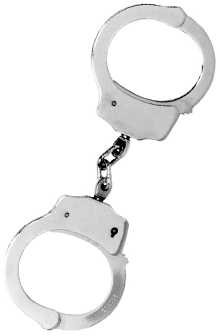Het arrangement Young Offenders v456 is gemaakt met Wikiwijs van Kennisnet. Wikiwijs is hét onderwijsplatform waar je leermiddelen zoekt, maakt en deelt.
- Auteur
- Laatst gewijzigd
- 11-05-2025 22:45:00
- Licentie
-
Dit lesmateriaal is gepubliceerd onder de Creative Commons Naamsvermelding-GelijkDelen 4.0 Internationale licentie. Dit houdt in dat je onder de voorwaarde van naamsvermelding en publicatie onder dezelfde licentie vrij bent om:
- het werk te delen - te kopiëren, te verspreiden en door te geven via elk medium of bestandsformaat
- het werk te bewerken - te remixen, te veranderen en afgeleide werken te maken
- voor alle doeleinden, inclusief commerciële doeleinden.
Meer informatie over de CC Naamsvermelding-GelijkDelen 4.0 Internationale licentie.
Aanvullende informatie over dit lesmateriaal
Van dit lesmateriaal is de volgende aanvullende informatie beschikbaar:
- Toelichting
- Deze les valt onder de arrangeerbare leerlijn van de Stercollectie voor Engels voor vwo, leerjaar 4, 5 en 6. Dit is thema 'Crime'. Het onderwerp van deze les is: Young Offenders. In deze les gaat het over criminaliteit en straf. Hierbij wordt er in het bijzonder gekeken naar jonge criminelen. In de grammaticaopdracht wordt Past perfect tense behandeld.
- Leerniveau
- VWO 6; VWO 4; VWO 5;
- Leerinhoud en doelen
- Engels;
- Eindgebruiker
- leerling/student
- Moeilijkheidsgraad
- gemiddeld
- Studiebelasting
- 4 uur 0 minuten
- Trefwoorden
- arrangeerbaar, criminaliteit, engels, jonge criminelen, past perfect tense, stercollectie, straf, v456, young offenders
Gebruikte Wikiwijs Arrangementen
VO-content Engels. (2017).
Young Offenders v456

 Now we’re going to look at crime from the view point of Justice Ministers.
Now we’re going to look at crime from the view point of Justice Ministers.


 Crime And Punishment: Toughening The Young Offenders Act
Crime And Punishment: Toughening The Young Offenders Act
 Grammar
Grammar
 Task: Writing
Task: Writing
